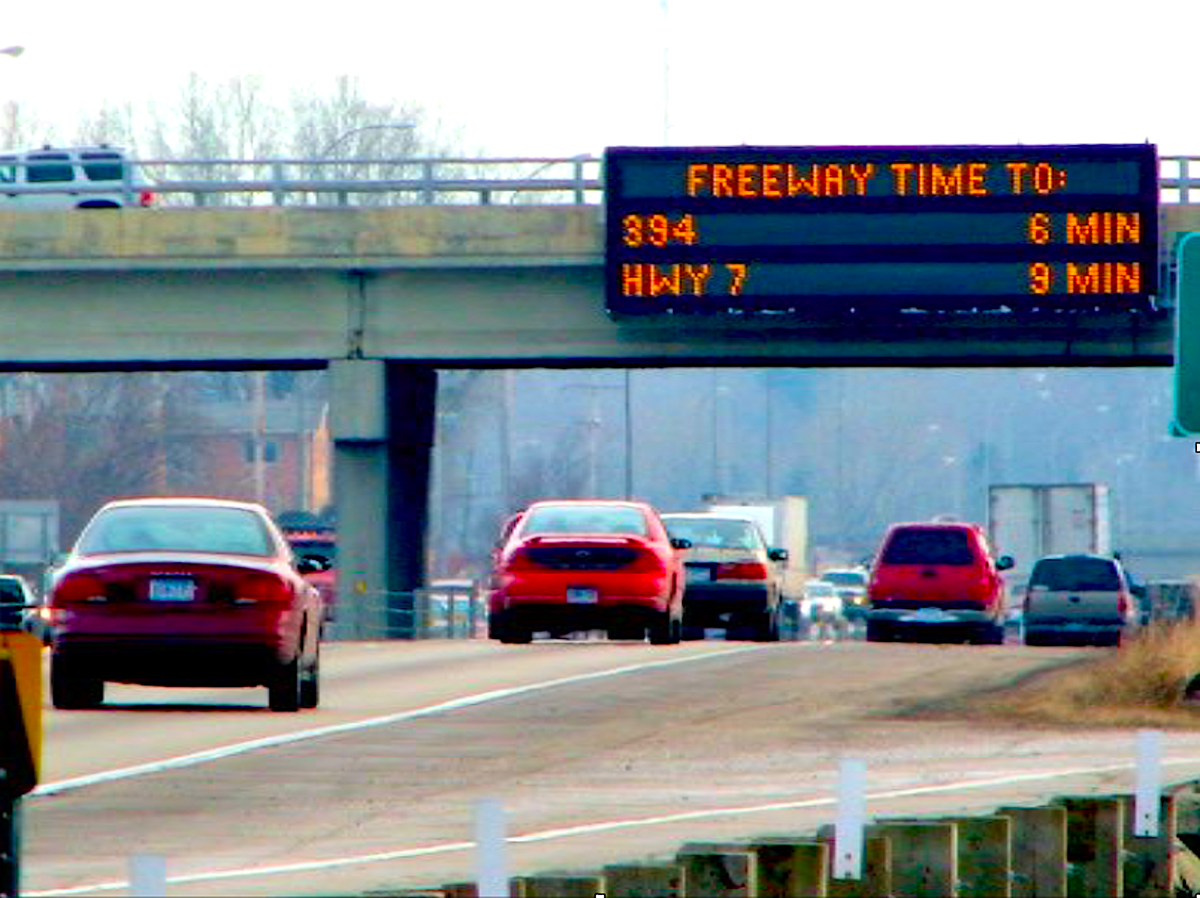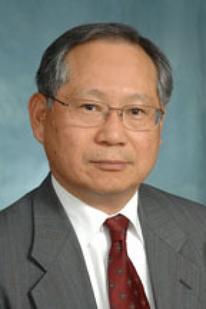UMD Civil Engineering Professor Eil Kwon and his research team are working on methods to predict freeway travel times. Reliable and consistent freeway travel times is of critical importance in sustaining the quality of life and economic vitality of metropolitan areas. A key element in developing and maintaining such a reliable freeway system is the capability to monitor and assess corridor-wide travel-time reliability, a major performance measure for quantifying the operational effectiveness of a freeway network.
In a recent study of Twin Cities freeway travel supported by the Minnesota Department of Transportation, Kwon and his research team have produced an innovative software system, called TeTRES, TravEl Time Reliability Estimation System. It can efficiently integrate data from multiple sources and calculate travel-time reliability indices for any given freeway corridor under various operating conditions, such as weather, incident, work zones and special events.
Specifically, TeTRES has been designed to address the following questions for the Twin Cities’ freeway network: Where, when, and why is congestion happening? Is congestion improving or worsening? What effect will heavy rain or snow have on traffic? How will a work zone or a major sporting event affect congestion? What corridors are more vulnerable than others in dealing with congestion?
As a first application to address the above issues, TeTRES has been applied to analyze the travel-time reliability trends for the 48 directional freeway routes in the Twin Cities’ metro area from 2016 to 2020 under different operating conditions. Further, the reliability measures estimated from this study have also been used to prioritize the bottlenecks in the freeway corridors in terms of their severity. The results from this study are currently being used by MnDOT in developing and prioritizing short and long-term improvement projects in the metro freeway network.
The next phase of this research, which starts in August 2022, will continue to assess the travel-time reliability trends of the main freeway corridors in the Twin Cities, and, in particular, the effects of the COVID-19 on the traffic patterns will be analyzed, according to Kwon.
About the Northland Advanced Transportation Systems Research Laboratory
About the UMD Civil Engineering Program

